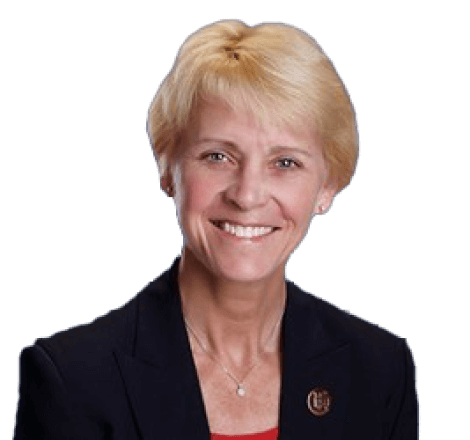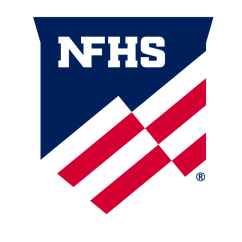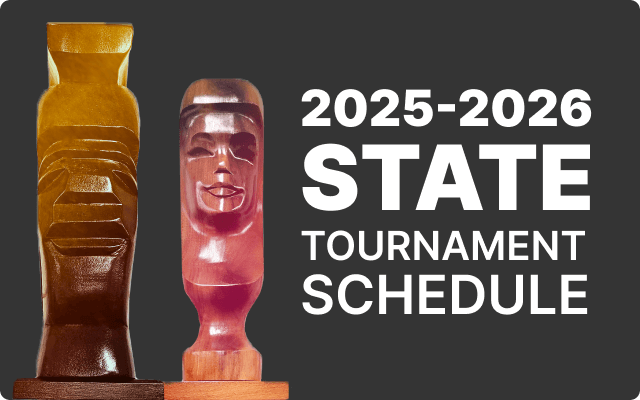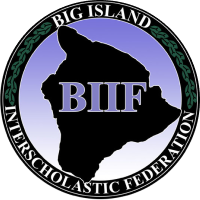The NFHS Voice

 The NFHS Voice
The NFHS Voice
Book Study Focuses on Diversity, Equity, Inclusion in High School Sports, Performing Arts
Dr. Karissa L. Niehoff, NFHS Executive Director
Diversity, Equity, Inclusion and High School Sports and Performing Arts are great partners, and the NFHS is doing its part to broaden perspectives of all stakeholders in our nation’s schools.
More than 2,500 coaches, students, parents, administrators, athletic directors and others will be involved in a first-of-its-kind NFHS National Book Study beginning October 19. Four different sessions will be conducted online during a four-week period featuring the book “From Athletics to Engineering – 8 Ways to Support Diversity, Equity and Inclusion for All.”
The book is based on the experiences of the authors – an African-American male with a career athletics background and a Caucasian male from academia – and how they experienced life based on their identities and backgrounds.
These types of scenarios and relationships are a part of every high school athletics department every day – coaches, students, officials, parents and administrators from different backgrounds working together toward a common goal. The NFHS, as the national leadership organization for high school sports and performing arts, is pleased that individuals from all areas of high school activities have chosen to participate in the study.
The terms diversity, equity and inclusion and DEI are used frequently these days, but what do they really mean?
The high school locker room, perhaps more so than any other setting, is a great example of students from diverse backgrounds, trusting one another and working together toward a common goal – and having fun doing so. And a more complete understanding of these concepts is crucial for continuing to make the high school experience as rich as possible.
Diversity is not simply about black and white, though race relations is a relevant and significant part of diversity. It is more about perspective.
The book study focuses on five key concepts – awareness, education, connectivity, participation and engagement. If all of these things are happening, the byproduct is that people are having a better understanding of the human experience.
Mautrice Meriweather, NFHS chief talent officer, noted that “We all have different experiences. We express life differently based on a number of factors – background, occupation, social identity, ethnicity. The question becomes, how are we going to demonstrate respect for the human experience?”
Equity is giving people the opportunity to be in a given space that may previously have been dominated by one group.
The recent celebration of the 50th anniversary of Title IX is an example of equity in high school sports. In 1972, girls were included in a previously male-dominated arena, and the results – though not quite 50-50 yet – have been life-changing for millions of girls the last half-century.
Inclusion is not just being in the room but having your thoughts and perspectives embraced by others. In the administrative world, it is being included in meetings, not just sitting in the room.
Verna Myers, a leading diversity and inclusion expert, noted that “diversity is being invited to the party; inclusion is being asked to dance.”
“Diversity, equity, inclusion – three totally different terms, but when you put the words together, it says we want to reach those individuals who are marginalized,” Meriweather said. “Marginalized not just by race but by their disability, body type, age, gender, preferences or social identity. We want to bring those people into the circle.”
One area of inclusion efforts that has proven successful in high school sports in recent years is the inclusion of students with disabilities. The most recent NFHS Athletics Participation Survey indicated a dramatic rise in Unified sports participation in which students with and without intellectual disabilities are joined together on the same team. Along with participants in Adapted sports programs, there were a total of 55,598 participants in these programs in 2021-22 – a 163 percent increase from three years ago.
There are a number of concerning issues in high school sports – from mistreatment of officials by parents and other fans, to senseless acts of hazing by high school student-athletes, to inappropriate and racially motivated remarks exchanged between opposing fans. It is our hope that discussions like the upcoming NFHS National Book Study around diversity, equity and inclusion lead to genuine respect for everyone.
Dr. Karissa L. Niehoff is in her seventh year as chief executive officer of the National Federation of State High School Associations (NFHS) in Indianapolis, Indiana. She is the first female to head the national leadership organization for high school athletics and performing arts activities and the sixth full-time executive director of the NFHS. She previously was executive director of the Connecticut Association of Schools-Connecticut Interscholastic Athletic Conference for seven years.









